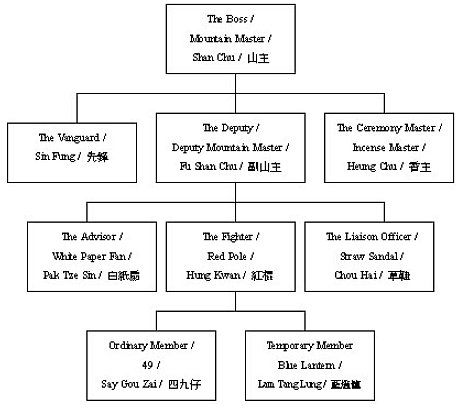CULMINATING 18 MONTHS OF work, the Advisory Committee for Biotechnology in the Piedmont Triad has announced 21 strategic recommendations for strengthening the industry in the Greensboro, Winston-Salem, High Point region.
The advisory committee, a group of more than two dozen academic, industry and civic leaders working with the North Carolina Biotechnology Center, drafted the recommendations to work in tandem with Gov. Mike Easley's plan New Jobs Across North Carolina: A Strategic Plan for Growing the Economy Statewide Through Biotechnology.
"A statewide plan for biotechnology is in effect, and now a strong plan has taken shape that is tailored to the Piedmont Triad region's needs and effort," said Russ Read, vice chair of the advisory committee and executive director for the National Center for the Biotechnology Workforce at Forsyth Technical Community College.
The advisory committee's 21 recommendations call for:
* Creating a regional directory of goods manufactured by local biotechnology companies
* Building a database of available wet lab space
* Forming a legislative team to monitor the Triad's biotechnology priorities
* Collecting economic and academic data from primary and secondary data sources
* Hosting a reception dinner to showcase the Triad's biotechnology community
* Partnering with the Council for Entrepreneurial Development to host Biotech 2006
* Developing national and regional public relations and advertising campaigns extolling the virtues of the Triad's biotechnology community
* Marketing agricultural biotechnology
* Creating intellectual exchange groups based on scientific topics
* Operating databases of university research and intellectual property assets
* Providing more interaction between the Triad's universities and industry members
* Developing innovative training and career programs
* Creating a Translational Research Center for the central nervous system and behavioral sciences
* Promoting community college programs and develop new ones based on industry feedback
* Determining recruiting needs and the alliances needed to bring renowned researchers to the Triad
* Creating financial packages to support recruitment efforts
Forming a welcoming committee for new clients
* Providing affordable, short-term office/lab space by creating a "wet-lab hotel"
* Creating low-cost office space for foreign countries to place a regional liaison
* Forming a team with local partners to recruit contract manufacturing companies
* Attracting entrepreneurs to develop businesses around the region's Centers of Excellence such as the Institute for Regenerative Medicine.
The 21 recommendations were announced July 14 at the Triad BioNight celebration in Greensboro.
Triad Leaders Honored for Biotech Work
Six biotechnology leaders in the Piedmont Triad were honored at the Triad BioNight celebration July 14 in Greensboro for their work in developing biotechnology in the region.
* Anthony Atala, M.D., director of the Institute for Regenerative Medicine, and chair of the Department of Urology at Wake Forest University Health Sciences, received the Research and Development Excellence Award.
* Roland H. Johnson, president & CEO of Piedmont Pharmaceuticals, received the Entrepreneurial Excellence Award.
* Gary M. Green, president, and Lucas Shallua, biotechnology program coordinator, of Forsyth Technical Community College received the Academic Development Excellence Award.
* Gwyn Riddick, director of the North Carolina Biotechnology Center's Piedmont Triad Office, received the Piedmont Biotechnology Community Leadership Excellence Award.
* Bill Dean, president of !dealliance, received the Biotechnology Service and Support Excellence Award.
COPYRIGHT 2005 North Carolina Biotechnology Center
COPYRIGHT 2005 Gale Group


